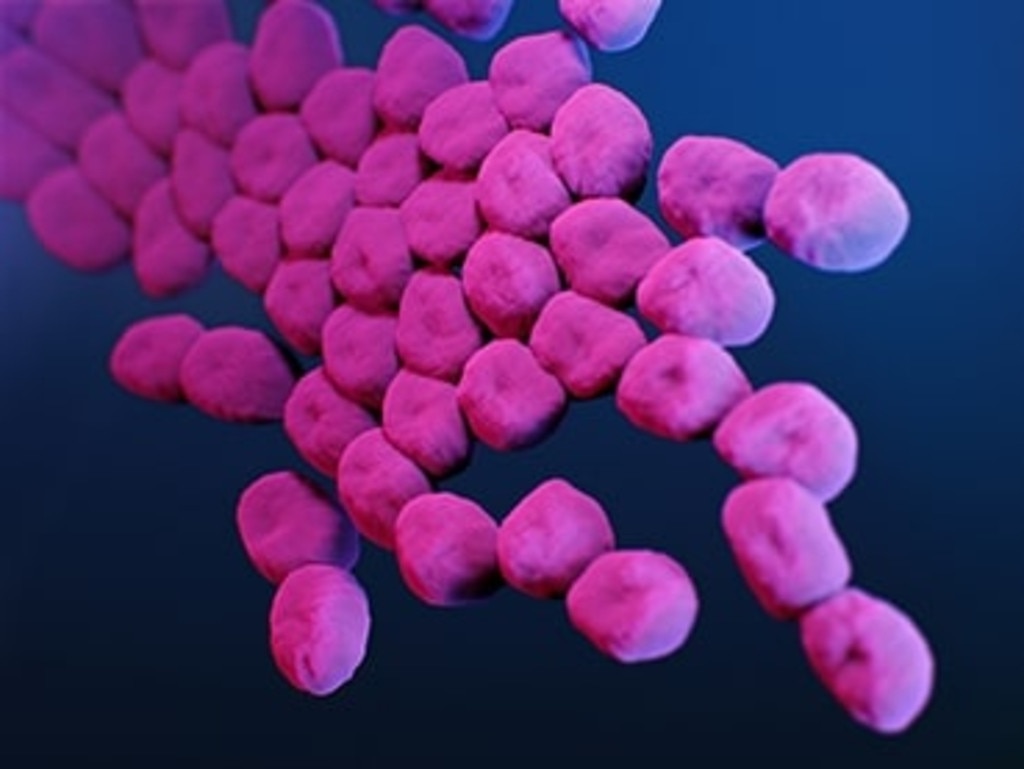Research paves the way for drugs that beat drug-resistant E. coli
New research links an E. coli bacterium’s ability to produce cellulose with non-inflammatory properties that prevent drug-resistant infection in the body.
An Australian study has found the mutation in E. coli that will be critical in squishing the antibiotic resistant bacteria known as “superbugs”.
The threat of antibiotic resistant bacteria has risen as antibiotic medication became more globally available.
As the medication targets organisms like E. coli, these mutations emerge to secure survival of remaining populations.
This mutation creates a snowball effect as more antibiotics are supplied to tackle the mutated bacteria, which in turn promotes further mutation. It goes on to raise the threat of UTIs, meningitis, sepsis and other conditions in the body.
Mark Schembri and Nhu Nguyen from the University of Queensland’s Institute for Molecular Bioscience and associate professor Sumaira Hasnain from Mater Research have identified a mutation that makes E. coli strains more virulent superbugs.
By isolating the mutation, the researchers could be providing a new method to target the superbugs beyond reducing bacterial infection rates and antibiotic prescriptions.

A study by the CSIRO found that superbugs were now responsible for 1000 Australian deaths a year. And E. coli is the most common pathogen associated with bacterial antibiotic resistance and the cause of 80 per cent of UTI cases, which can be lethal if a strain is sufficiently virulent.








To join the conversation, please log in. Don't have an account? Register
Join the conversation, you are commenting as Logout